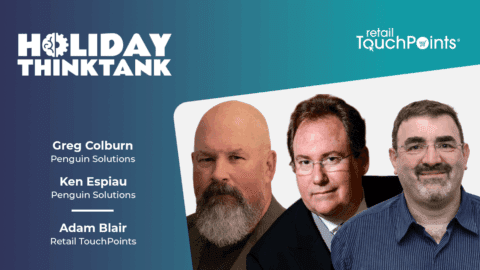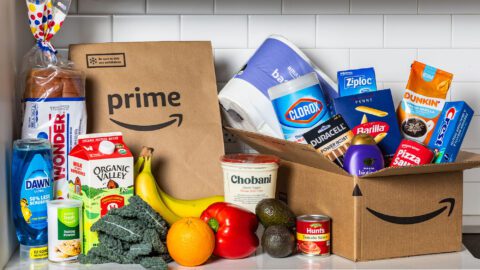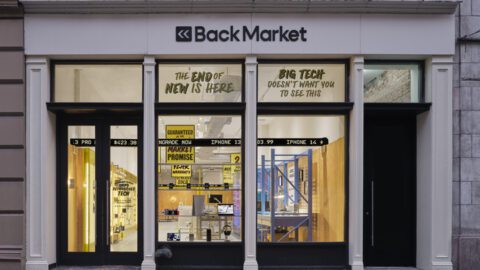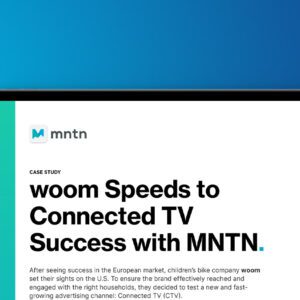The Federal Trade Commission (FTC) is in the news again this week as its lawsuit seeking to block the Albertsons-Kroger merger continues in federal court. The case is the latest in a flurry of retail-related activity by the government watchdog, that, alongside similar high-profile antitrust actions being undertaken by the U.S. Justice Department, could have far-reaching implications for the retail industry and the American economy as a whole.
The Kroger-Albertsons lawsuit is just the current, most visible tip of this iceberg:
- The FTC also is contesting Tapestry’s acquisition of fellow high-end handbag brand Capri and Tempur Sealy’s acquisition of Mattress Firm, while continuing to pursue its antitrust case against Amazon, which will go to trial in October 2026;
- In August, the FTC issued a formal ban on fake online reviews and testimonials to “protect Americans from getting cheated”;
- This followed an April 2024 rule banning non-compete clauses, which has been blocked in federal court, a decision the FTC may still appeal;
- The FTC is currently pursuing a rule to ban “junk fees” — unfair or deceptive charges that are added to products or services — as well as targeting opaque or burdensome subscription practices with its proposed “click-to-cancel” rule;
- Not to mention the organization’s 2023 victory against Mastercard around its claims that the credit card company’s practices to block competition were elevating prices for businesses, and that those higher prices were then being passed on to consumers.
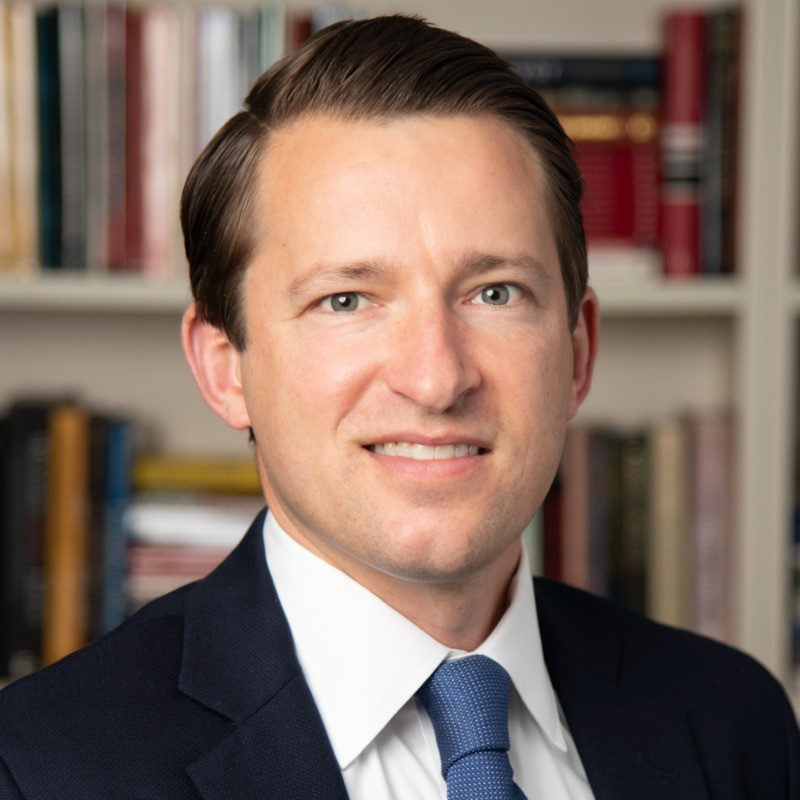
Put together, it’s hard to avoid the sense that regulatory opposition to monopolies and other deceptive business tactics has kicked up a notch under the current administration, and in particular the leadership of current FTC Chair Lina Khan, with retail playing a central role in the fight.
To test out this theory, we went straight to the source: Douglas Farrar, Director of the FTC’s Office of Public Affairs sat down with Retail TouchPoints to help us put all this recent activity into context and offer insight into the broader workings and intent of the agency.
Retail TouchPoints: So, are we imagining things or has there indeed been a ramp-up in antitrust regulation compared to that of previous administrations? And if so, what is the impetus behind this shift?
Douglas Farrar: Certainly, there’s been a lot of attention on the Federal Trade Commission, and on the Department of Justice’s antitrust division, because of the leadership of Chair Khan and Assistant Attorney General [Jonathan] Kanter and a renewed focus on faithfully enforcing the antitrust laws. After so many decades of under-enforcement, it has created an economy where there’s a lot of consolidation across a number of markets, and a lot of consumers and small businesses are experiencing the results of that consolidation — which often [takes the form of] higher prices, challenges staying in business or starting a new business or bringing an idea to market, and just a general sense of an indignity to being a consumer in an economy like this.
RTP: What is driving this renewed focus in enforcing antitrust law?
Farrar: There are a number of factors. First of all, there’s a big policy interest in doing so, starting with President Biden who signed an executive order early in his administration to revive robust competition enforcement.
But I think if you want to zoom out even further out, there was a decision made by policymakers about 40 years ago to curtail or limit a lot of what was traditionally understood to be antitrust enforcement done by the FTC and the Department of Justice, and the effects of that have really become unavoidable in the economy, whether you’re buying groceries or getting healthcare services or trying to start a business and compete with big monopolies that have been largely unchecked for several decades. So I think what you’re seeing is a general understanding by voters, and by lawmakers, elected officials and law enforcers, of the need to return to a paradigm where antitrust enforcement is strong and following the law set forth by Congress.
RTP: How does the FTC navigate potential changes in political leadership, especially when things like the Amazon case won’t even go to trial until 2026?
Farrar: We are sometimes described as a [part of the] political machine, but I would say that, really, we’re law enforcement agents. And while there has been a big shift in prioritizing fair competition and re-engaging with the laws on the books to enforce antitrust in a way that creates competition, I also think there has been consistency [in that effort] already. For example, recently the Department of Justice won a lawsuit regarding Google’s monopoly in search that was started under the Trump administration.
The durability of law-based, congressionally mandated lawsuits against companies that are being declared monopolies — and are doing things in violation of laws that have been on the books for, in some instances, over 100 years — is resistant to the two- or four-year political cycles in a way that I think will ensure that this sort of enforcement paradigm sticks around for quite a while, regardless of who wins the next election.
RTP: It seems like a lot of the FTC’s most high-profile cases at the moment are focused on retail. Is that just a natural outcome of retail’s large role in the U.S. economy, or are their particular dynamics at play in retail right now that make it a focus?
Farrar: I would push back a little in the sense that the consolidation that has occurred in the economy is most certainly not exclusive to retail. In fact, it’s basically in every market. We’ve seen firms merge and subsume their rivals to the point where, in most markets, there’s only a handful of major competitors. In some instances, there’s a sort of facade of choice where there’s a bunch of brands, but underneath that most of those brands are owned by one, two or maybe three companies, max.
The FTC has been very active in markets across the economy, including healthcare in particular, where we’ve blocked a lot of hospital mergers and we’ve also taken on some really big pharmaceutical mergers. But we’ve also done merger work in the defense industry, where two companies that produce products, weapons basically, for the Pentagon sought to merge; and we’ve also done a major challenge in semiconductors, blocking Nvidia’s attempted purchase of their rival Arm a couple years ago.
I get why retail seems central, and obviously Americans are really mad about the high prices they face at the grocery store. It’s really painful, in particular for working families who struggle to make ends meet, so I think it can definitely be at the forefront in people’s minds, but the FTC has been active across the economy.
RTP: It could also be that the companies involved in retail are more familiar to consumers, so those cases get more play in the media.
Farrar: Yeah, not a lot of working families are buying missiles.
RTP: Given that consolidation has proliferated across multiple industries, what exactly does the FTC look for in the cases it chooses to pursue?
Farrar: In terms of merger enforcement, which is where a lot of our work is, each merger between two parties is reviewed on its own merits to ensure that it complies with the law, so the context of each situation is really vital. That’s true of all law enforcement, but especially for us. We are going to look at the context of a particular market and how a merger might impact workers, consumers and competition in that marketplace, and the market for semiconductors is going to be different than the market for groceries, obviously.
But what we do when we look at those contexts is we apply the law without fear or favor, and we’re doing so in a clearly outlined set of circumstances, which we published last year. It’s a document called the 2023 Merger Guidelines, which lays out the aspects of mergers that we find particularly concerning based on our review of the laws on the books and the precedent of the courts. It’s a public document that businesses, and the public themselves, can review to better understand how we think about each individual merger [and whether it] may have competitive harm or not.
RTP: In addition to all of these antitrust cases, the FTC also has put out a number of new rules and orders impacting several major industries. How does the FTC handle so many different issues at the same time?
Farrar: First I would say that the FTC has about 1,200 to 1,300 workers, many of whom are attorneys. It is smaller now than it was in the 1980s, even though the economy has increased sixfold in size since then. And our remit is huge, so certainly the FTC’s leadership very regularly asks for more funding and more support because of the huge volume of work we have to do.
But that said, the people doing this work are unbelievably committed, brilliant civil servants who work so hard on behalf of the American people. And they do so under the leadership of Chair Khan, whose big priority is to show the American people what it looks like when the government is on their side. So taking on big corporations that are using illegal business tactics to harm consumers is something she’s not going to shy away from. Taking on illegal employment contracts like non-compete clauses that trap 30 million workers in jobs they don’t want, or even in certain instances jobs where they’re facing a toxic work environment or abuse, is something she’s not going to shy away from. We work really hard, and we’re blessed to have excellent colleagues who are really smart and dedicated to this important work and the vision of Chair Khan.
[Editor’s note: This conversation has been edited for clarity and length.]





